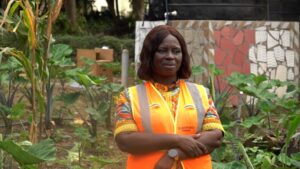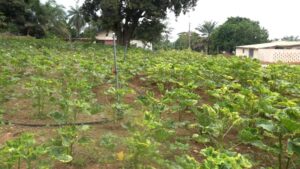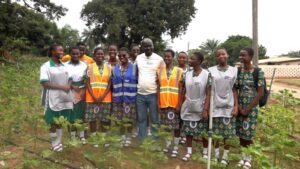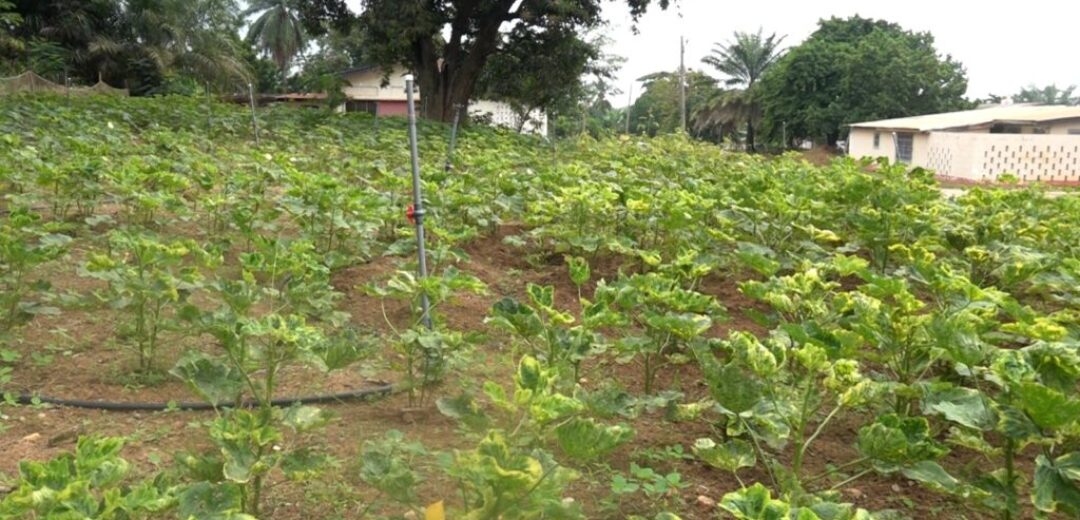St. Louis SHS Rolls Out Integrated Farming for Enhancing Student Nutrition.
St. Louis Senior High School, one of the Grade A second-cycle institutions in Kumasi in the Ashanti Region, has launched an integrated farming initiative to help feed its growing student population.
Over the years, the school has produced some of the country’s best senior high school graduates. Although an attempt to introduce General Agriculture as an academic program was unsuccessful, Headmistress Mrs. Ama Kyerewaa Benefo has taken a bold step to establish a school farm to supplement student meals.

With a current enrolment of over 5,500 students due to the double-track system, the headmistress explained in an exclusive interview with Daily Agric News Portal that none of the applicants had opted for General Agriculture when it was introduced, which discouraged her from pursuing the program further.
Even though the academic program didn’t take off, I still believe General Agriculture will be a great addition to our curriculum. In the meantime, we have decided to run a school farm to support the feeding needs of our large student body,” she said.

The school’s integrated farming system includes ten catfish ponds, crop fields cultivating cocoyam, maize, banana, and okra, as well as a rabbitry that recently lost about 100 rabbits to theft but is expected to be restocked. The two-year-old project is fully irrigated, enabling year-round farming.

“With the introduction of the school farm, we no longer buy cocoyam leaves; we use fresh, organic leaves from our farm to feed students, and this gives us the best recipe,” Mrs. Benefo stated with pride.
The farm is managed by 80 members of the school’s STEM Club, comprising students from Form One to Form Three, along with school labourers.
Mrs. Benefo commended the Ministry of Fisheries and Aquaculture, as well as some parents, for supporting the project with resources, technical expertise, and guidance.
She also highlighted the economic benefits of the farm’s catfish production. “We sell the fresh catfish to the school at rates far lower than the market price, and it is used to prepare nutritious meals for our students. We are doing all these to ensure they have healthy, home-like meals.”
The headmistress used the opportunity to call on past students to support the sustainability of the project, stressing that the cost of feeding such a large population remains a major challenge.
“The resurgence of school farms is a boost to Ghana’s agricultural transformation agenda and can play a key role in addressing food security challenges in second-cycle institutions,” she concluded.
Credit:Mr.Richmond Frimpong/Host Kuafoc Kyefa on oyerepa fm


















